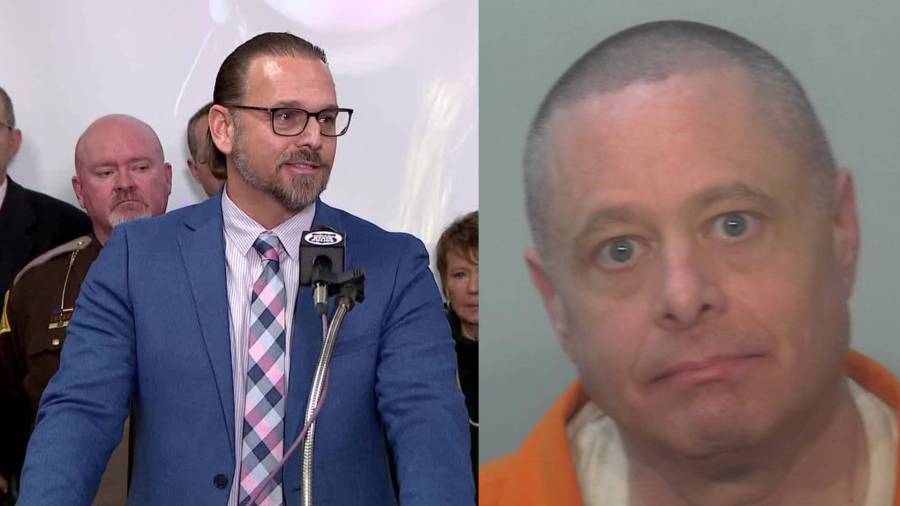State says inmate who claimed Ron Logan confessed to Delphi killings failed polygraph test
DELPHI, Ind. — Last month, the attorneys of convicted murderer Richard Allen reignited debates about the Delphi murders after claiming that Ron Logan — the man whose property the girls’ bodies were found on — confessed to killing Abby Williams and Libby German.
Logan’s confession was allegedly made to a fellow inmate who in turn told investigators.
The only problem? The state says that very inmate “miserably” failed a polygraph test when investigators pushed further into the confession. Ron Logan died in January 2022.
This rebuttal was included in Carroll County Prosecutor Nicholas McLeland’s latest motion, filed in response to Allen’s attorneys’ continued quest to vacate their client’s guilty verdict.
While Allen’s attorneys presented the confession as if it were new evidence that entitled Allen to a new trial, McLeland stated that was not the case. The prosecutor said this evidence was included in discovery and had been in the defense team’s possession since January 2024.

The prosecutor also argued that Allen’s attorneys previously failed to present this evidence during hearings and did not meet the court’s burden of proof when presenting their third-party motive into the murders.
“The defense team, consisting of three experienced defense trial attorneys, made a choice not to fully explore or present the Ricci Davis claim,” McLeland wrote.
While Logan’s alleged confession contained many specific details, including how he allegedly killed the girls with a box cutter, McLeland further countered by pointing out how the confession contained many details contradicted by evidence. Such as taking one of the girls’ bodies away from the scene temporarily or removing the battery from Libby’s phone.
McLeland said several of the details in the confession, such as the girls’ clothes being burned, also are not backed by any evidence.
The defense team’s 24-page motion to correct errors took aim at several other aspects of the case in its attempt to vacate Allen’s murder conviction or force another trial. One included attacking the state’s murder timeline.
One of the key pieces of evidence used against Allen during the Delphi murders trial was a confession in which he said a white van spooked him into murdering the girls. This detail was pushed as something “only the killer would know.”
Brad Weber was the driver of that van with testimony putting the van near the spot where the girls’ bodies were found at 2:32 p.m. This aligns with the state’s murder timeline.
But the defense claimed surveillance footage showed a van matching Weber’s heading north on the access road around 2:44 p.m., which meant Weber wouldn’t have passed the murder scene around 2:30 p.m.
Again, McLeland said this footage is nothing new and was included in the discovery evidence. He stated the defense had this footage but “chose not to present it at trial.”
McLeland also attacked the defense team for their own timeline by claiming they drew the 2:44 p.m. conclusion by “assumption” as the true time captured in the surveillance footage is “unverified by legitimate means as to date and time.”
“Defense allege that the time in the video is off by 12 hours without any proof of said allegation expect their apparent ability to tell the time simply looking at the daylight and the moonlight in the video,” McLeland wrote.
He also called out the defense team for presenting “zero evidence” to back up this newly suggested timeline.
McLeland urged the court to throw out the attorneys’ attempt to vacate Allen’s conviction.
“The simplest answer is that a Motion to Correct Error only applies to newly discovered evidence,” McLeland said. “From the Defense’s own admissions this is not newly discovered evidence but rather evidence they had been provided long before trial.”

Comments are closed.